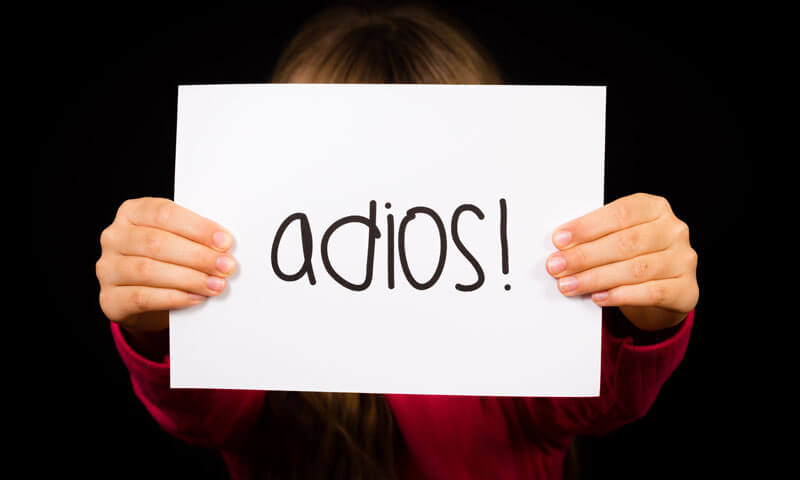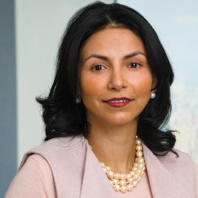A second circuit court has ruled that Vermont Law School can proceed with covering a pair of offensive murals depicting slavery, despite the artist’s objections. The decision upholds a previous verdict from a district court in 2021, asserting that concealing the controversial artwork does not violate federal laws protecting artists from destroying or altering their work.
The murals, created by artist Sam Kerson, were commissioned by the school in 1993. These sizable paintings, measuring eight by 24 feet, aimed to commemorate Vermont‘s historical involvement in the Underground Railroad, a network pivotal in aiding enslaved individuals escape from the southern United States to the northeast and Canada.
Over the years, criticism has arisen regarding Kerson’s portrayal of Black individuals in the murals, with accusations of racist caricatures described as “cartoonish” and “animalistic.” Observers have pointed out features such as exaggerated facial features and musculature reminiscent of offensive stereotypes.
See also: Newly Established Law Schools Optimistic Despite Smaller Inaugural Classes
Vermont Law School‘s administrator, Shirley Jefferson, previously discouraged protests against the murals until the killing of George Floyd in May 2020 prompted a reconsideration. Following this shift, over 100 students, staff, and alumni signed a petition advocating for the removal of the murals.
Trust BCG Attorney Search to connect you with top legal employers in your area. Search now!
Initially, a plan was proposed to paint over the murals. However, this proposition was halted when it was highlighted that such an action could potentially violate the Visual Artists Rights Act (VARA) of 1990. VARA, a federal copyright law, grants artists specific rights over works of “recognized stature,” protecting them from destruction, distortion, or modification without their consent.
Unable to remove the murals without causing damage, the school opted to conceal them with acoustic panels while preserving their integrity. Subsequently, Kerson initiated legal proceedings, contending that this solution violated his VARA rights. In October 2021, a district court ruled in favor of Vermont Law School, setting the stage for an appeal.
Kerson’s attorneys, Steven Hyman and Richard Rubin, argued that concealing the murals constituted an “affront” to the artist’s reputation and honor. They maintained that VARA’s definition of “modification” should encompass its impact on Kerson’s professional standing as an advocate for social justice.
In the recent ruling, Chief Judge Debra Livingston concluded that VARA does not demand the preservation of art at any cost without considering the rights of others. The court’s 39-page opinion clarified that the term “modification” in the context of artwork includes specific alterations to the work itself but does not encompass hiding the art behind a solid barrier.
Kerson’s legal team expressed disappointment with the court’s interpretation of VARA and its restrictive interpretation of “modification” or “destruction” within the statute. Despite the court’s appeal for finding a way to preserve the murals as objects of art, Kerson’s attorneys argue that the court’s reading of the statute runs counter to this objective.
The ruling raises questions about the balance between artistic expression and addressing potentially offensive content within educational institutions. As Kerson’s legal team contemplates their next steps, this case underscores the intricate intersection of artistic freedom, cultural sensitivity, and legal protections in the realm of art.
Don’t be a silent ninja! Let us know your thoughts in the comment section below.









































